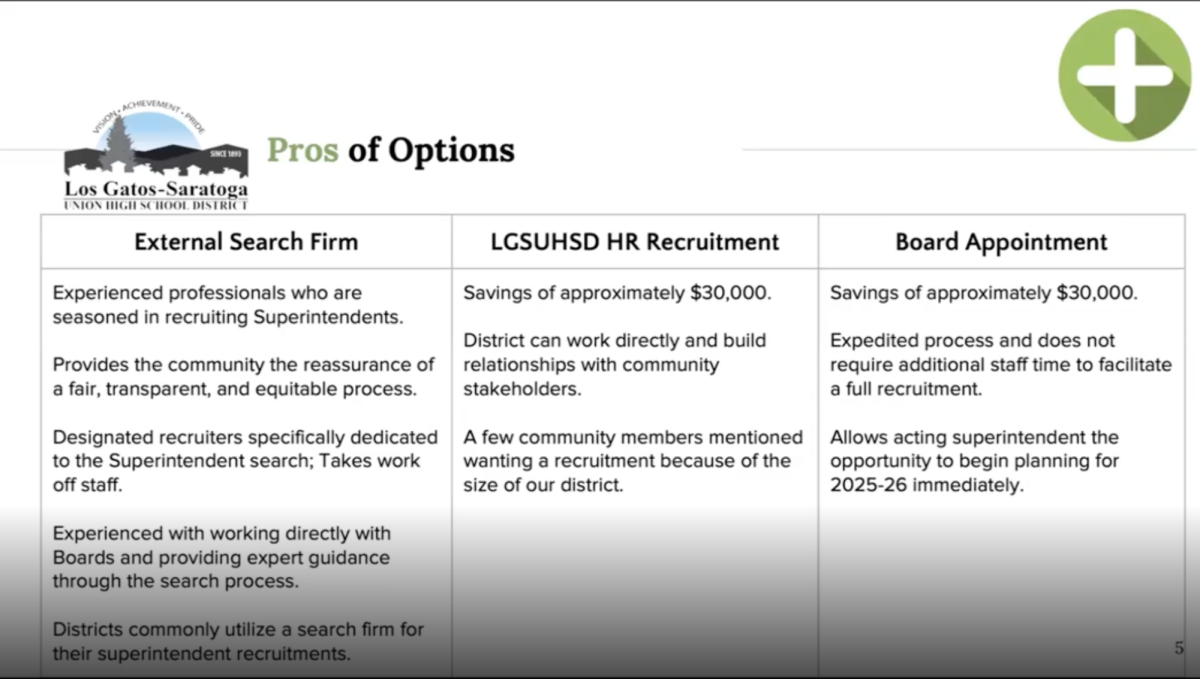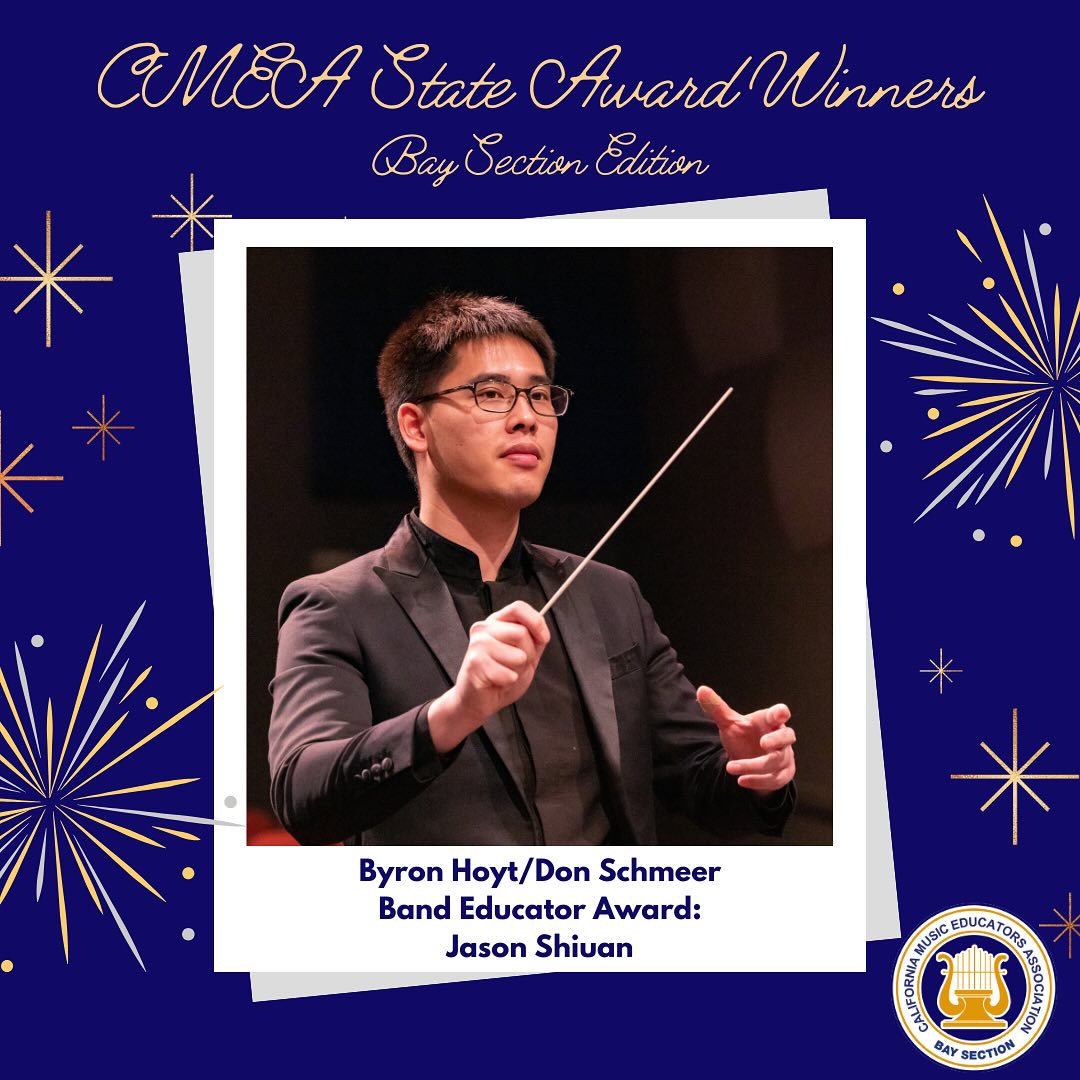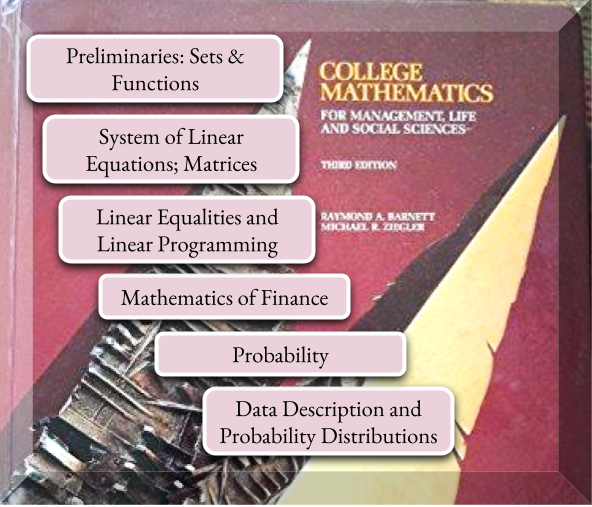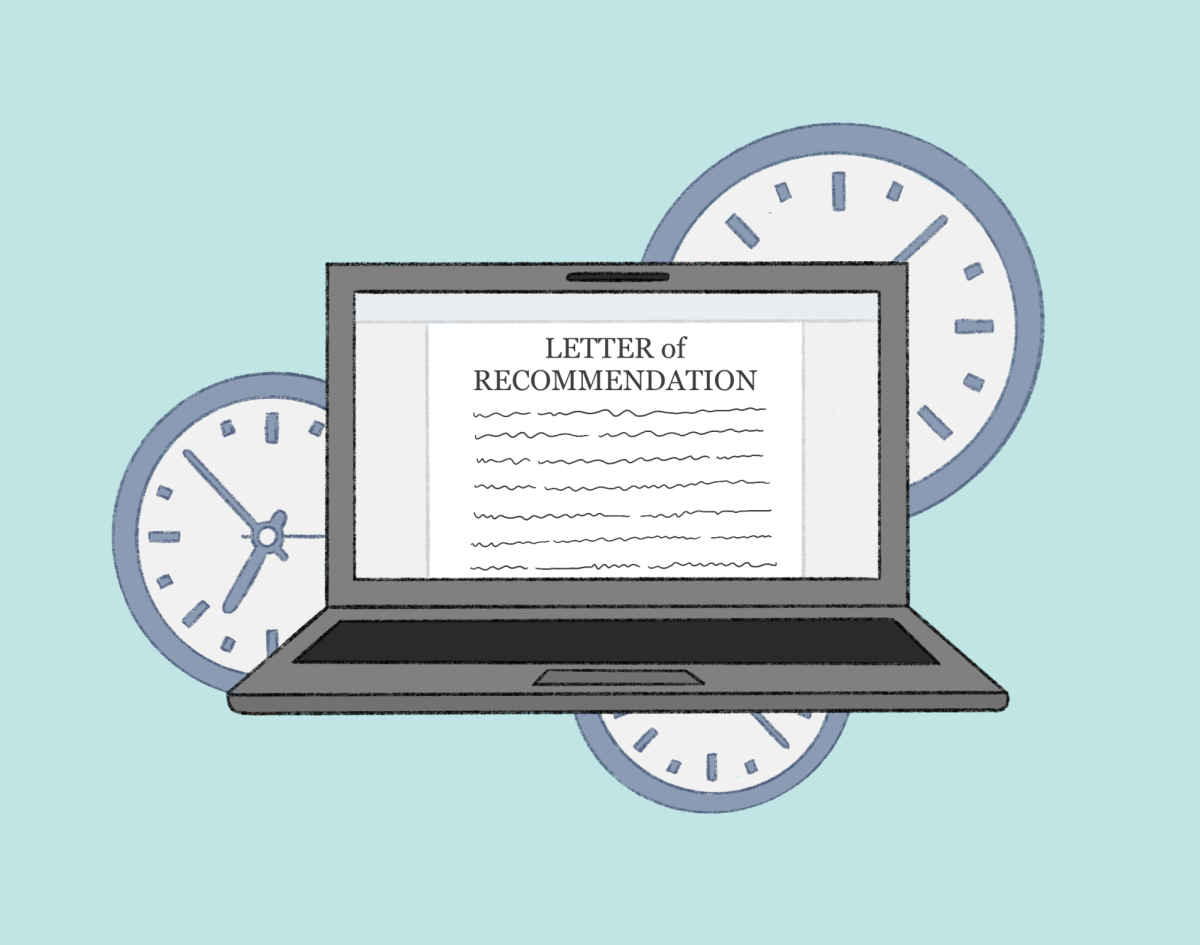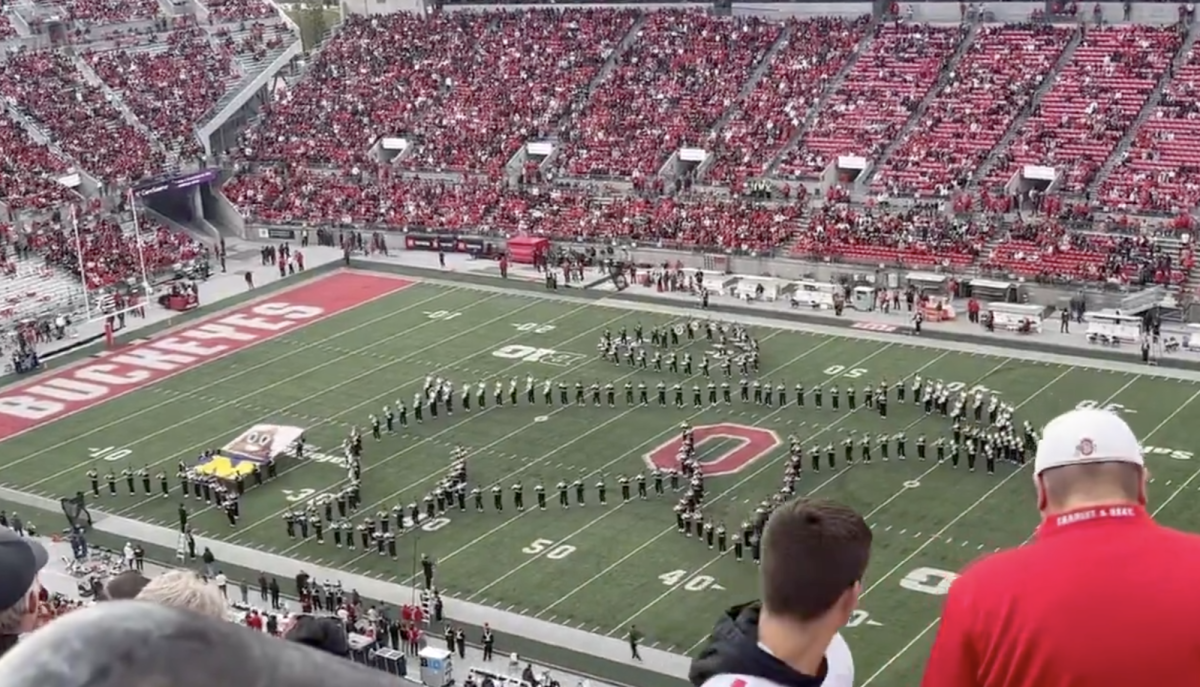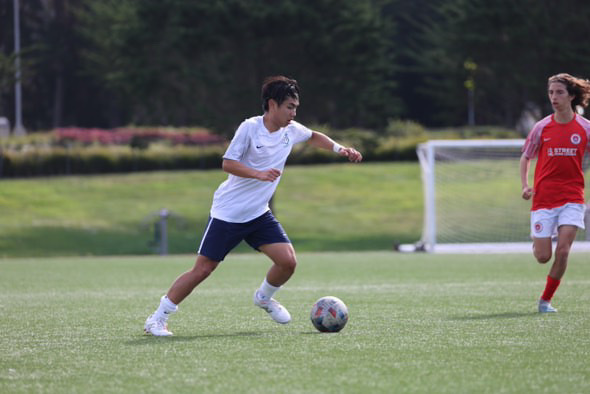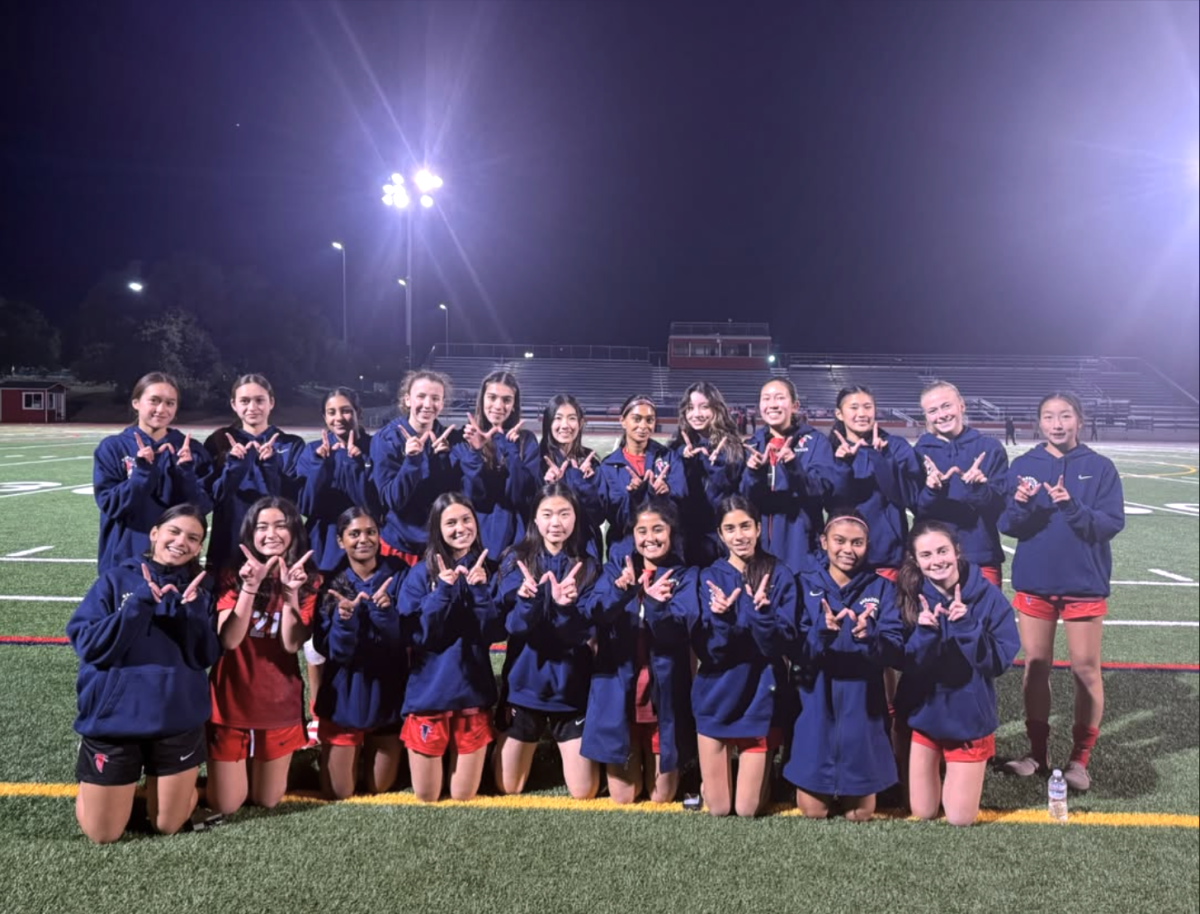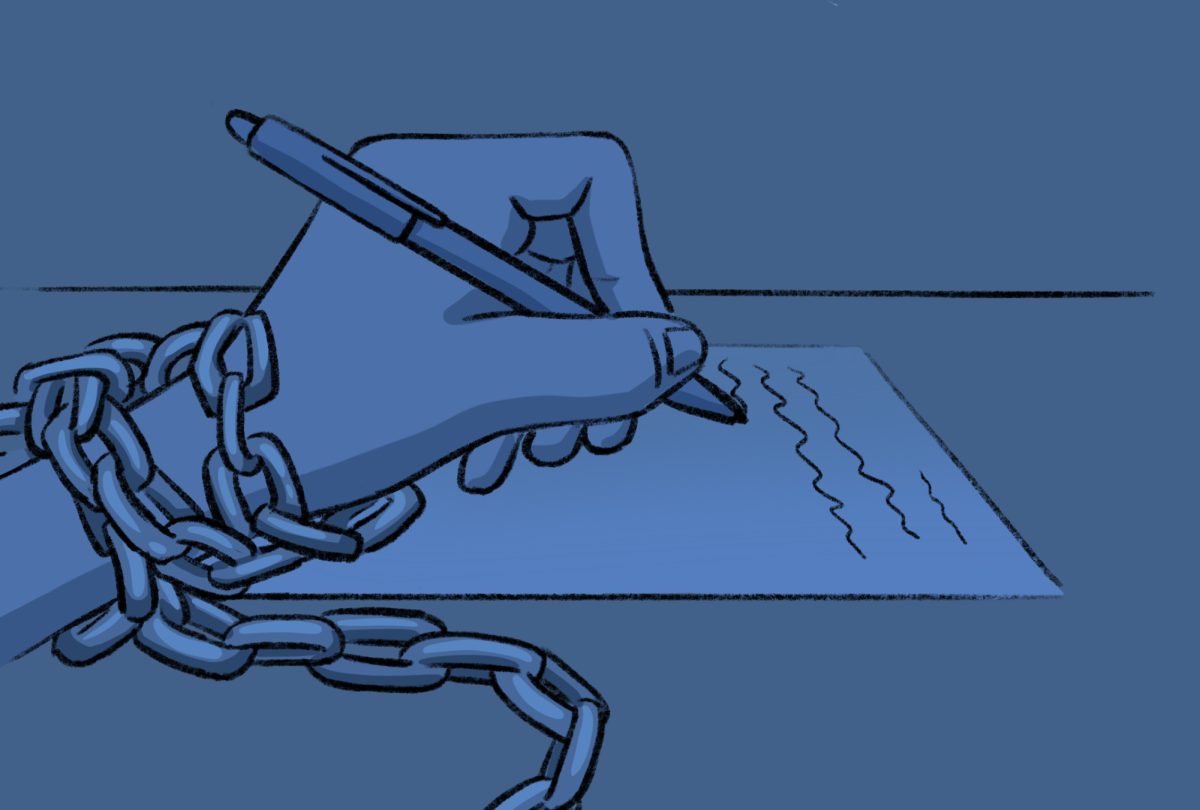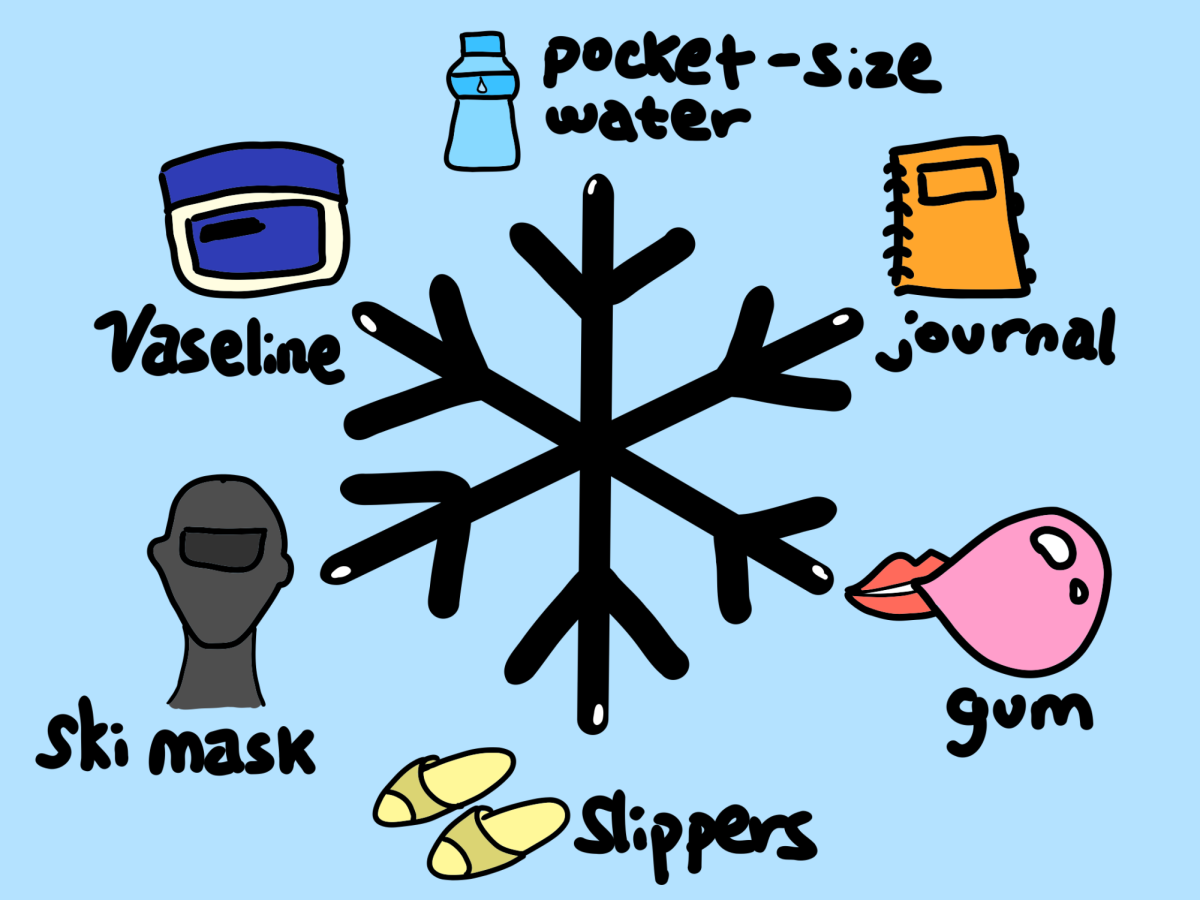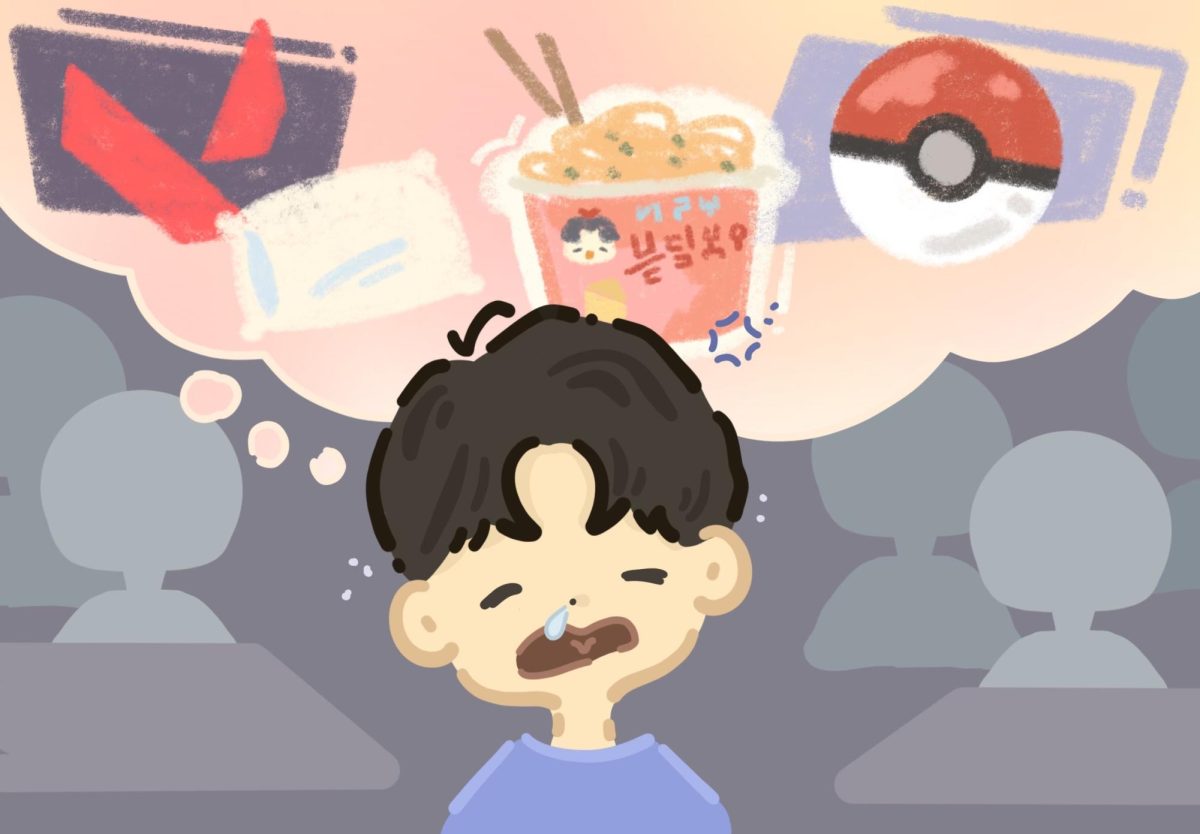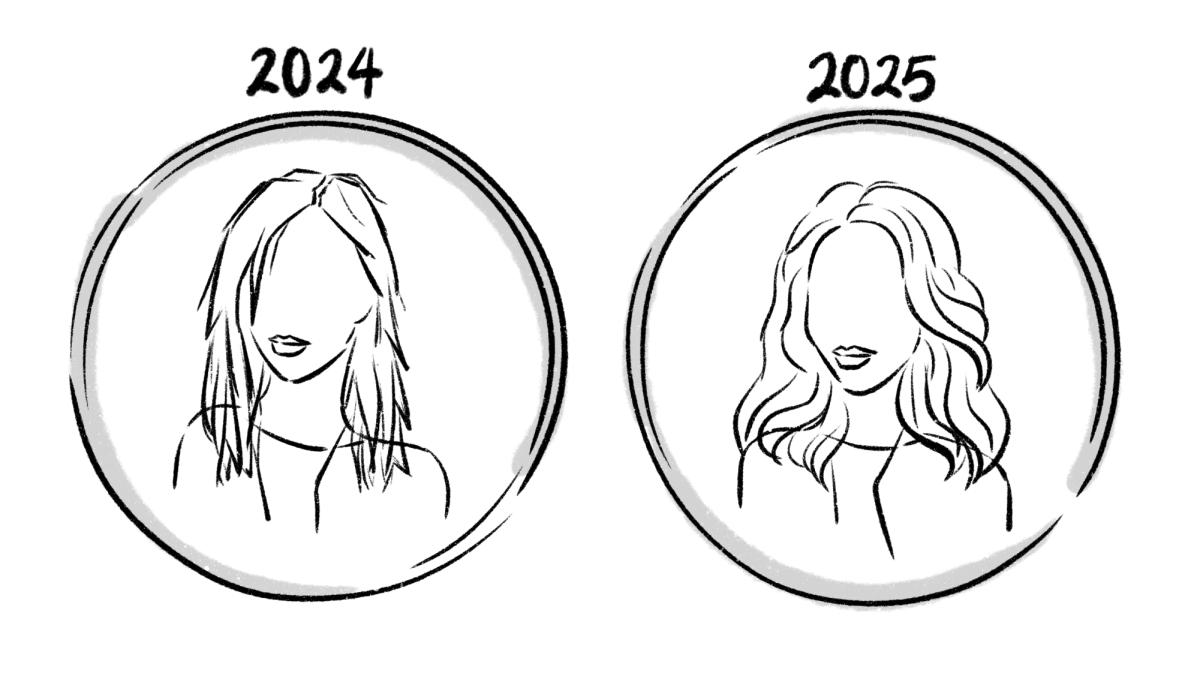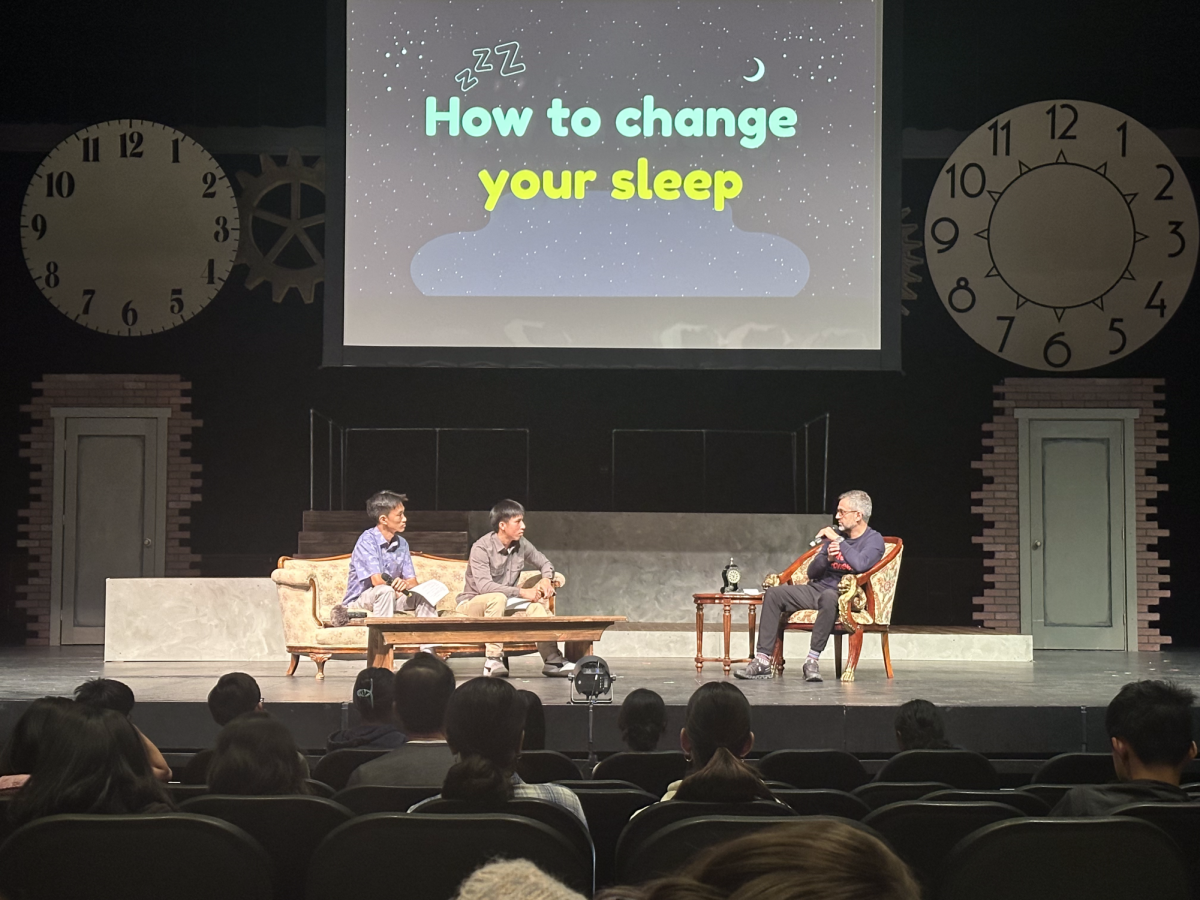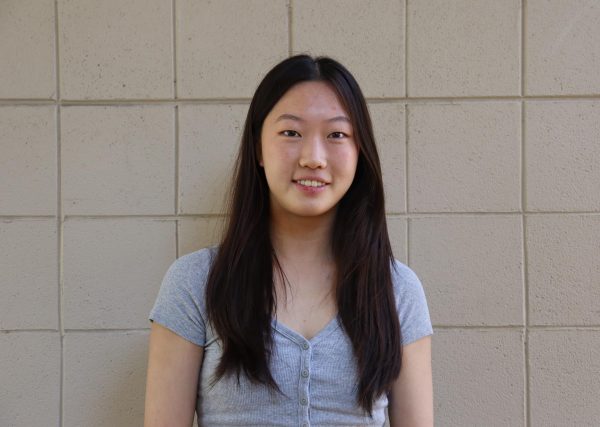To perform at their best, teens need to embrace sleep as an ally rather than an enemy, a noted sleep specialist told over 60 students on Nov. 5 during a talk entitled “Sleeping Can Be Your Secret Hack” in the McAfee Center.
Neurologist and sleep specialist Dr. Tony Masri, CEO of Helyx Health, was interviewed by juniors Jack Dong and Nathan Liu, with a focus on sleep and its impact on highschool students. Dong and Liu are officers of the Inspiring Future Club America club, which hosted the event in collaboration with the Sources of Strength Club.
Dr. Masri emphasizes the importance of sleep among the three pillars of health: sleep, exercise and nutrition.
“In my opinion, it’s the most essential of the three. In some situations, fasting or reducing exercise can be beneficial, but there’s never a time when getting sufficient sleep isn’t valuable,” Masri said during the interview.
Masri identified two factors for achieving the best sleep: quantity and quality. He recommended that teens aim for around nine hours of sleep each night, though individual needs vary.
“To determine how much sleep you need, I recommend taking 10 days to catch up on sleep, and however long you end up sleeping the last night is how much your body needs,” Masri said.
He also outlined the four stages of sleep: light sleep (which individuals experience about 5% of the night), deeper sleep (40-45%), deep sleep (15-20%) and Rapid Eye Movement (REM) sleep (20-25%). Each stage serves distinct functions, such as growth hormone secretion during deep sleep and cognitive processing during REM sleep. Disrupted sleep can reduce time spent in these vital stages, impacting growth, memory and cognitive function.
Sleep deprivation, Dr. Masri noted, is a common issue for teens, often caused by late-night studying. Over time, this leads to “sleep debt,” with lasting negative effects.
“Following a healthy person who has been sleep deprived, you continue to see signs of sleep deprivation up to six months after their recovery,” Masri said. “Additionally, many studies show that students who sacrifice an hour of sleep each night for studying often see a drop in academic performance, including SAT scores, over time.”
While students taking heavy academic loads often have unavoidable late nights, Masri recommended they take short naps of around 20 minutes to boost alertness. He cautioned against naps of over an hour. These can lead to a condition called sleep inertia — the groggy and disoriented feeling after waking up from a deep sleep.
To encourage high-quality sleep, he emphasizes the importance of a calming pre-sleep routine, tailored to a person’s chronotype, or natural sleep preference.
“If you are more of a night person, you need a longer wind down, preferably 1-2 hours. During this time, avoid looking at screens and doing intense activities,” Masri said.
He also recommended creating a natural sleep environment.
“You want your bedroom to look like how humans slept 1,000 years ago — low lighting, minimal electronics and natural temperature fluctuations. These conditions align more closely with your circadian rhythm, or internal clock.”
Masri’s insights left students with a deeper understanding of the science behind sleep and its significance.
“Sleep is a foundational element to mental and physical health and is essential to fulfilling your full potential whether it’s academic or athletic performance,” Masri said.

